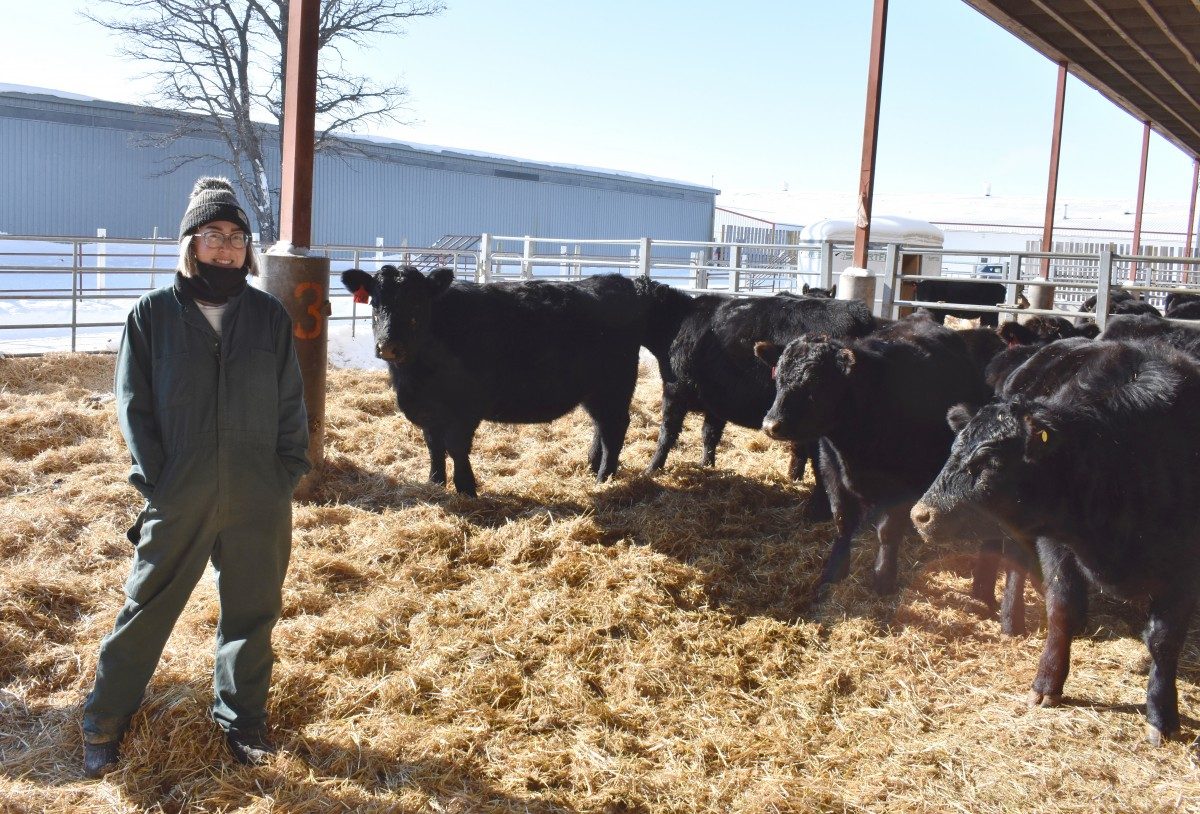
Manure Manager: Clearing the air, one cow at a time
An article by Julienne Isaacs in the April 4, 2020 issue of the magazine Manure Manager featured research being done at the University of Manitoba to assess how management strategies in cattle production can impact greenhouse gas emissions. It reads:
An innovative study at the University of Manitoba is exploring how different animal and manure management strategies influence whole farm greenhouse gas (GHG) emissions in cattle production systems.
The study, which is co-led by Kim Ominski, a professor and associate head in the department of Animal Science, and Mario Tenuta, a professor of applied soil ecology in the department of Soil Science, began in 2017 and will run until 2021.
It’s unique for its layered approach: the project “stacks” feeding, animal and manure management practices to optimize nutrient efficiency and reduce net GHG emissions from stockpiled manure.
Ominski’s role in the project is to oversee animal management and supervise graduate student Rhea Teranishi, who is conducting a feeding experiment to assess four different diets designed to reduce methane (CH4) emissions.
Tenuta’s role in the project is to analyze emissions – direct nitrous oxide (N2O), indirect ammonia (NH3) and methane emissions – from stockpiled solid manure from feedlot-fed cattle consuming the four different diets.
Read the full story here.






